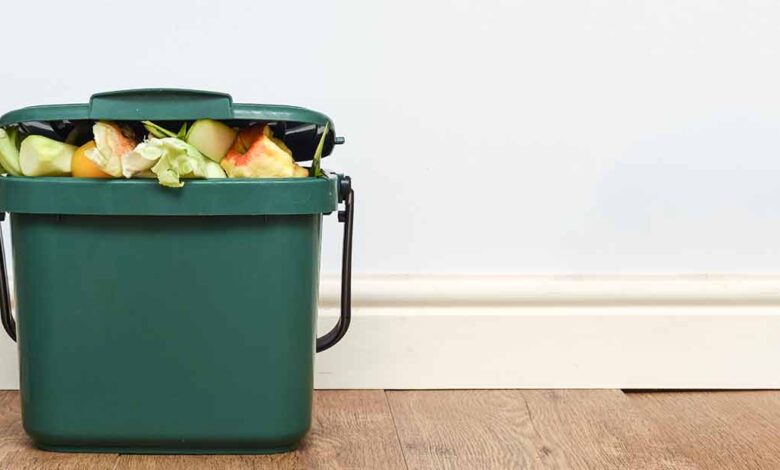
Going green: Sustainable Tips for Handling Food Waste
Like many of us, you likely end up with some food waste in the kitchen. It might be a yellowing head of broccoli forgotten in the back of the fridge or thin ribbons of carrot peel discarded on the cutting board.
However, food scraps can be tough on the planet since decomposing food releases greenhouse gases – as well as being plain wasteful. Aside from planning your meals and buying only what you need, here are some ideas to transform food waste in your kitchen:
Rethink what’s waste
Are your brown bananas, peeled onion skins and wilted celery really waste? Revisit them, and other foods, in a new way before tossing them out:
- Freeze brown bananas for future banana bread or smoothies.
- Stick your celery into a glass of water to help it perk up.
- Or, simmer the celery with onion skins, carrot peels and other veggie cut-offs to make a flavourful stock for soup, rice or other dishes.
- Toss leftovers into a casserole with some cheese and tomato sauce.
- Dry or dehydrate fruit in the oven to add to granola, baked goods or trail mix.
- Pickling or canning fruits and vegetables is a trendy way to enjoy delicious new flavours and textures.
Create a composter
Many municipalities have an organic waste program, but you can always start composting in your backyard. A compost bin doesn’t need to take up much space to work magic and it keeps the food scraps away from wildlife. Even a small one will transform your scraps to enrich the soil for your garden. You’ll be growing vibrant blooms in no time.
Share the wealth
If you make, grow or buy too much, consider inviting friends or family to join your table so fresh items don’t go to waste. You could share the ingredients or prepared items, or donate them to a food program in the community. Be sure to check if the person or organization will have use for it first.
What you should avoid with food scraps
Whatever you do with them, it’s best to practice extreme caution if you opt to feed kitchen scraps to your animals. Even if this might seem like an economical way to put the food to good use, it can open the animals up to a host of health risks. Typical risks include not meeting their nutritional needs or they accidentally eat something poisonous to them.
Additionally, food scraps can carry contaminants that don’t hurt humans but may hurt the animals. For example, African swine fever is a contagious and deadly disease for pigs. Even a small scrap of contaminated food or other items could lead to pigs dying and a larger outbreak. This is one reason why it’s actually illegal to feed meat scraps to pigs in Canada.
Find more information about African swine fever at inspection.canada.ca/asf.








































